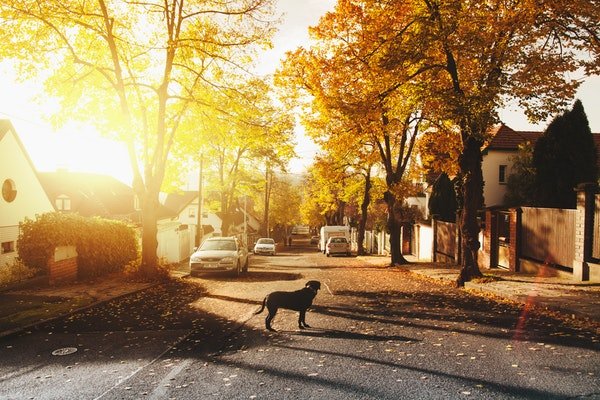Boosting recycling outreach in rural areas

A well-run recycling program is a thing of beauty. There’s no denying that. But getting your program to easily respond to changes in the recycling market while continuing to offer an efficient service to the public can be… well, challenging. This is especially true in small communities, where population, density, and tax base are lower.
That’s where outreach and education come in. Implementing a robust recycling communications strategy can help you bridge large distances, bring your community closer together, and encourage better participation rates. It can also improve performance by making program information accessible to everyone no matter where they live.
To reap these benefits, communities of all sizes are leveraging digital technology to complement their existing outreach programs. In doing so, they’re boosting their communications and making their programs better equipped to handle future challenges. But with smaller budgets, concerns about internet access, and reservations about these new technologies, some rural communities are missing out.
This is where we come in.

Help for every budget
Budget is a big issue. For everyone. Often, small communities have to do more with less. That’s why they come up with creative solutions to so many of their recycling problems. Recycle Coach is one of these. Our free package empowers rural areas with collection and events calendars and pickup reminders, ensuring that residents always know when to take out their trash and recycling.
It’s more cost effective than print solutions, proving ROI with monthly analytics that show you how residents are using the software. With print, it’s difficult, if impossible, to verify that your communications have been effective. We also offer flex pricing on our other packages to accommodate municipalities of all sizes.
Bridging the digital divide
One concern we often hear from smaller communities has to do with internet access. Many feel they don’t need to enter the digital space because their residents aren’t online. But that’s just not true. 98% of rural areas have access to a mobile wireless internet connection, and people are connecting—through their computers, phones, and digital assistants.

Statista lists the U.S. as one of the largest online markets in the world, with almost 300 million active users. It’s important to note that more people are looking for information online. A recent Pew study found that internet usage among those 65 or older grew 150 percent from 2009 to 2011. Of those who go online, 71 percent do so every day. In other words, this phenomenon crosses demographics.
That’s not to say that the digital divide doesn’t exist. According to the Federal Communications Commission (FCC), 55% of U.S. rural residents have what is formally defined as broadband internet (versus 94% in urban areas). Granted, the definition of broadband covers speeds of 25 megabits or faster—enough to stream an Ultra HD movie on Netflix.
Recycle Coach helps bridge the digital divide with outreach and educational tools that anyone can connect to anywhere, and they can do it from any device. Rural communities can leverage these tools to bolster their communications and improve program outcomes.
Reach more residents
Some communities are cautious about making the leap to digital. They might be happy with their website and see no need to expand its reach. But by extending program information over other channels, communities can reach more residents with valuable information. And that directly benefits program websites. By joining Recycle Coach, municipal websites receive 4.3 times more traffic per month. Recycle Coach doesn’t replace existing outreach programs, it complements them.
About Recycle Coach
We save people time and energy with intuitive digital tools that make recycling easy. Our goal is to be in every city, on every device, empowering communities to work together to waste less and recycle more. We’re recycling simplified.